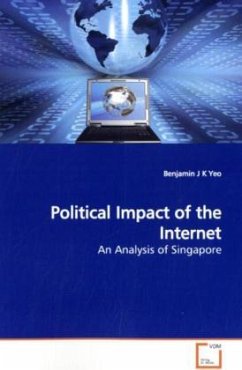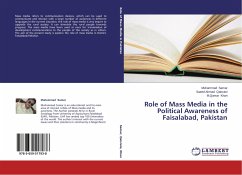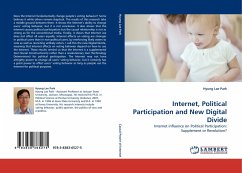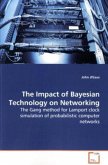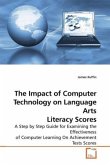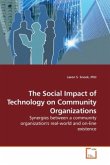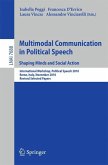The advent of the Internet, along with its ubiquitous social media applications, facilitates efficient political communication on a global scale. However, some theories of mass media effects and technological neutrality posit that psychological factors and the socio-political environment within which the Internet functions are more important factors that determine the extent of its political impact. Using the case of Singapore, the author designed and executed an empirical study to analyse the political impact of the Internet. The results show that Singapore s contextual factors were more substantial in influencing political activities compared to the Internet alone. Based on these results, the author advocates a broader approach to understand the political impact of the Internet. While events have shown how it can be harnessed for effective political communication, political activities are dependent on individuals psychological pre-dispositions and the socio- political context.The author further argues that effective governance of the Internet for political communication must take into consideration regional characteristics and local sensitivities.
Bitte wählen Sie Ihr Anliegen aus.
Rechnungen
Retourenschein anfordern
Bestellstatus
Storno

